Apple's five biggest misses of 2017
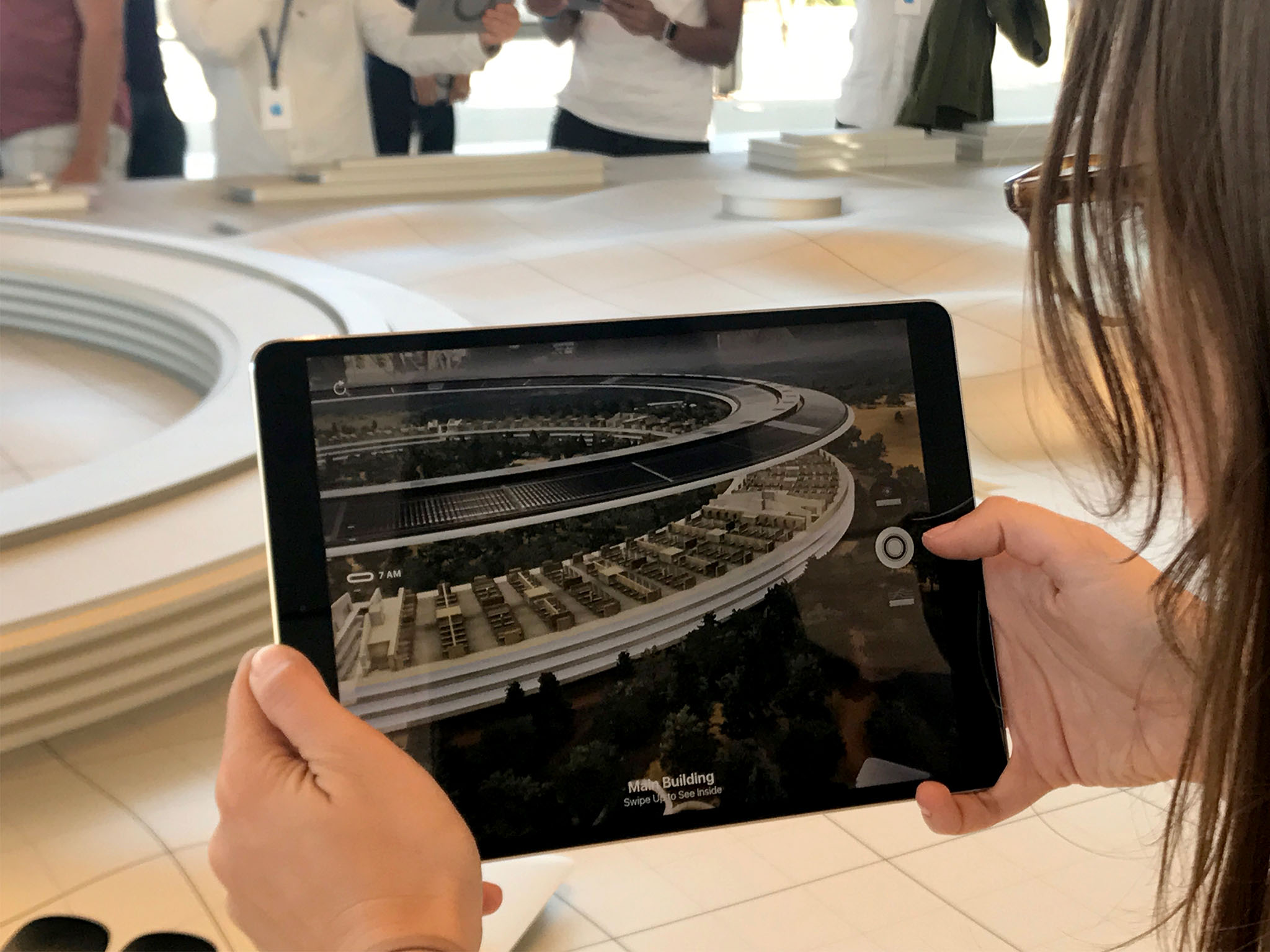
iMore offers spot-on advice and guidance from our team of experts, with decades of Apple device experience to lean on. Learn more with iMore!
You are now subscribed
Your newsletter sign-up was successful
The reason I spend so much time knocking down dumb Apple FUD is because all those click-bait headlines do is drown out the real issues facing the company, now and into the future.
I focus on those issues year-round in all of my reviews and editorials. Once a year, though, I try to break out what I think are the most current and most critical. Last year, that included everything from failure to ship to the horn effect. The year before, product vision and constraints.
This year, I'm focusing on something bigger. A reckoning of sorts.
Apple has grown enormously over the last decade. That's created cultural and technical debt. And, as we go into 2018, it feels like a lot of that debt is coming due.
1. Extracting signal from noise
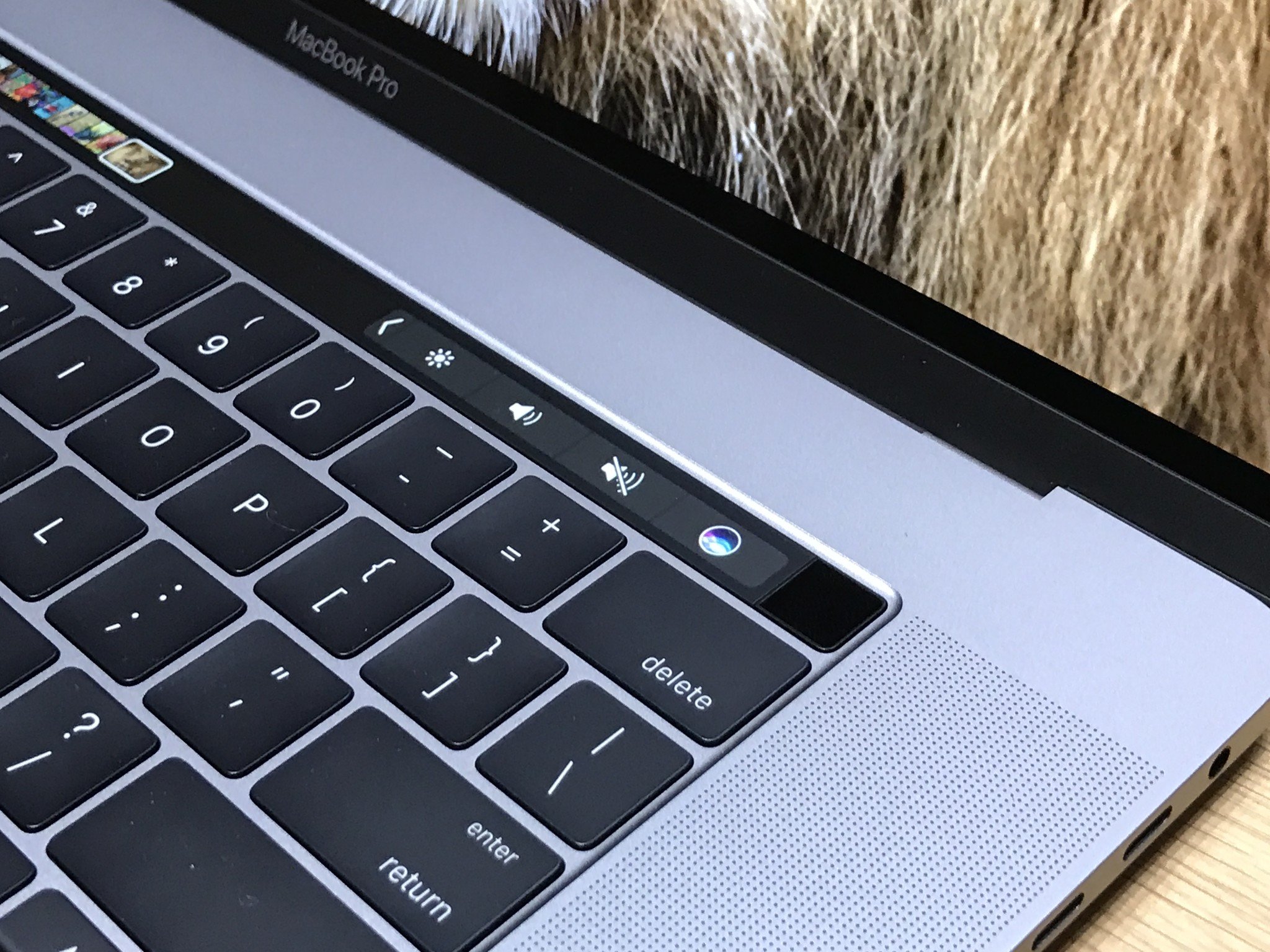
Apple gets told it's wrong all the time. Doesn't matter if it's iPhone or AirPods. The minute Apple announces anything new or different, some percentage of coverage and customers race to tell the company how limited, expensive, and just plain stupid it is. Then, more often than not, a few or many months later, that product breaks records in sales and satisfaction, and goes on to lead the industry for years to come.
"If I had asked people what they wanted, they would have said faster horses."
It's a quote attributed to Henry Ford, the man who mainstreamed the car. It's often used in the context of Apple product development as well. It's predicated on the idea that customers don't know what they want until a company like Ford or Apple shows it to them. But, ultimately, it's also about not listening to customers. And that's a problem.
iMore offers spot-on advice and guidance from our team of experts, with decades of Apple device experience to lean on. Learn more with iMore!
When you're told you're wrong over and over again only to be proven right over and over again, you stop paying attention. You begin to think that if you just weather the initial storm, everyone will inevitably come to see what you saw, and then you can move forward together. You can get on with making faster cars.
But even if that's true nine out of ten times — even 99 out of 100 times — there are those few times when it's not true. When it's just flat out wrong. And you never see it coming.
We've ended up with what can only be described as the most divisive MacBook Pro ever.
Take the current MacBook Pro for example. Many within Apple were tremendously proud of it. They loved everything about it from the updated butterfly key switches to the new Touch Bar dynamic input strip. They knew the Macs their increasingly mainstream customers were buying and they believed that, while there might be some initial skepticism from their traditional pro base, it would quickly fade and they could all move on and forward together.
Instead, we've ended up with what can only be described as the most divisive MacBook Pro ever.
It has a keyboard that, while enjoyed by yours truly, is hated by many. Not disliked — hated. And one that might just be suffering from an unacceptably high failure rate. It removed all the legacy ports in favor of USB-C / Thunderbolt 3 but didn't have the decency to include even a single USB-A adapter in the box. It even removed the extension cord that used to come with the power brick and made it a separate purchase.
While Apple included a lower-end model to appeal to MacBook Air customers who wanted to go Retina, the company didn't include a higher-end model to appeal to customers who really need the MacBook Pro to be "Pro" in the traditional sense of the word — in the iMac Pro sense of the word.
That's just one example. There are a few. All of them have the same root cause: Apple gets told it's wrong so goddamn always the company can no longer tell when it's really wrong. At least not in a way that prevents it from happening or course-corrects it quickly.
Hopefully, iMac Pro and the upcoming new Mac Pro are signs Apple recognizes this danger. Not just at the highest end of the lineups and not just after the fact — but across all of its products and well in advance of what's going into production next.
2. Schrödinger's products
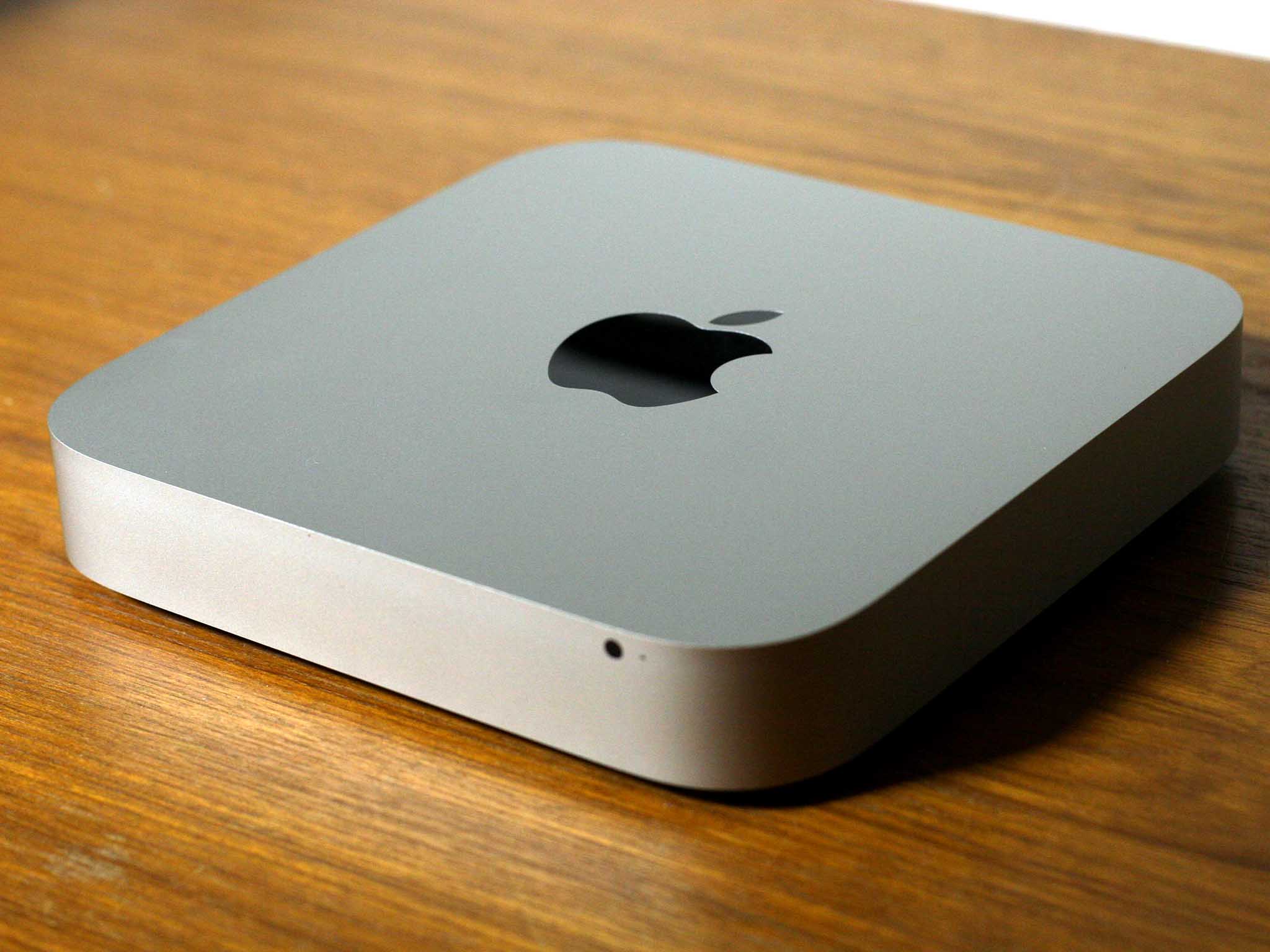
I'll keep this one short and bitter-sweet: As a customer, I don't know the status of iPod touch or iPad mini. I don't know if Mac mini has been abandoned or not. I have no idea if there'll be a next-generation AirPort router. If Apple hadn't gotten a small group of media together last spring, I would have no idea if the last Mac Pro really was the last Mac Pro.
These products have not been significantly updated in years yet they're still being sold. Apple hasn't discontinued any of them but it also hasn't shown any sign of them being continued.
Apple typically doesn't talk about future products. It leaves the old product up, unchanged, until a new product comes along to replace it. And that works, when we're talking a year, maybe two at the outside. When we're talking multiple products over multiple years, it stops working.
Apple typically doesn't talk about future products. It leaves the old product up, unchanged, until a new product comes along to replace it.
Are these products not being updated because they don't sell or do they not sell because they aren't being updated? As a customer, I have no idea. And, absent a clear path forward, it makes it hard for me to consider investing in them.
Apple has limited resources. It has conflicting priorities. It has to choose between updating the Mac mini and getting the much more popular MacBook Pro out the door. It has to decide between keeping iPod touch current and shipping the make-it-or-break-it iPhone X.
But, if a product is up for sale, Apple has a responsibility to its customers to maintain the value and relevancy of that product. Otherwise, the company famous for its caring just seems like it doesn't care.
3. Foundations for the future
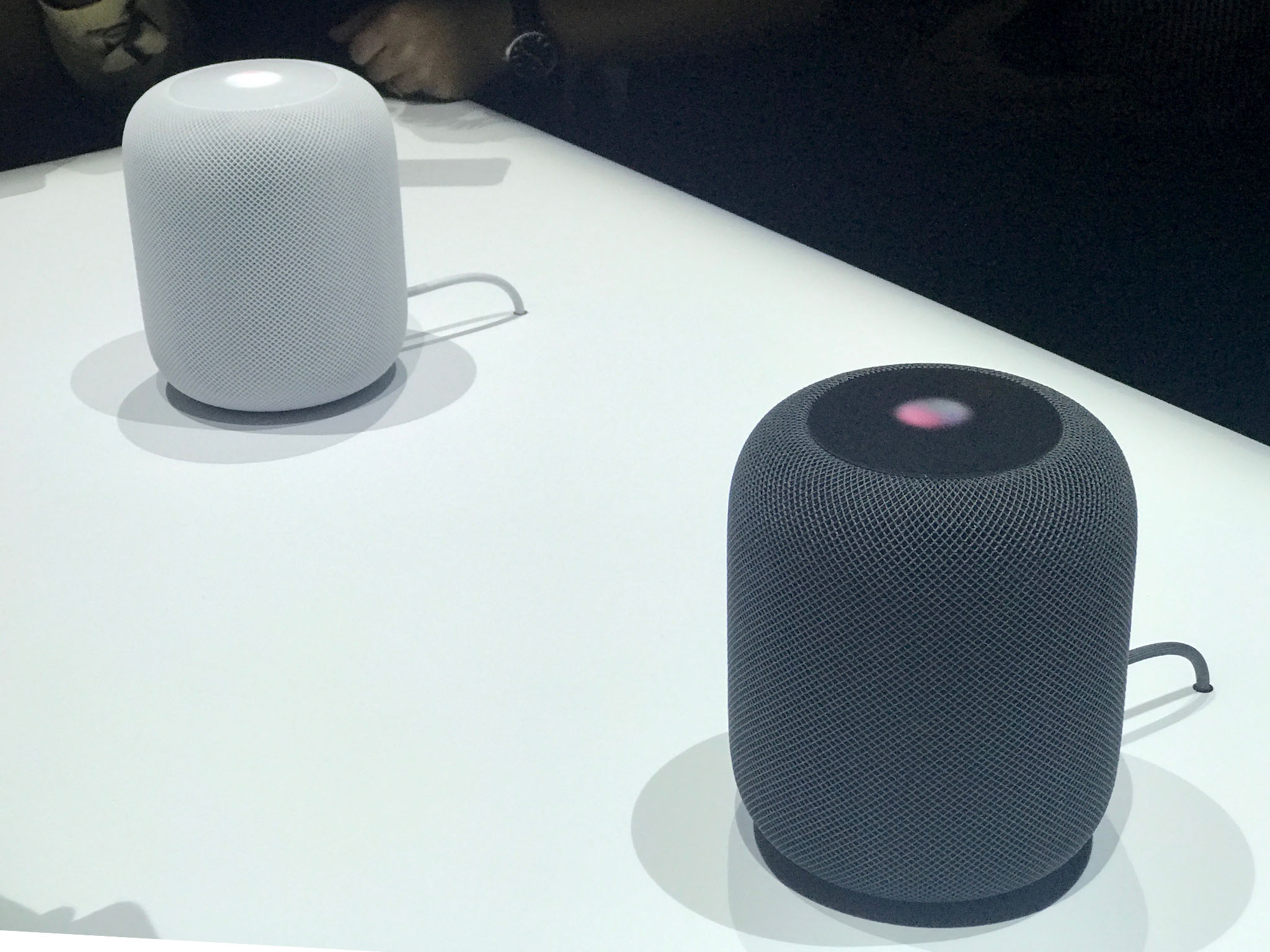
HomePod didn't ship. That's unusual, though not unprecedented. Apple typically doesn't pre-announce products because it knows shipping dates can change. Both the 2015 Apple TV and the 2016 MacBook Pro were rumored for summer launches before ultimately appearing in the fall. AirPods, originally announced alongside iPhone 7, were publicly delayed a few months before finally shipping in reduced quantities at the end of the year.
But HomePod is different. First, Apple pre-announced almost half a year before it was expected to ship. Second, the delay doesn't seem to have been based on any hardware production issues.
Inaccurate demand forecasting, higher component constraints, lower yield rates, last minute changes, shifting priorities, resources constraints — these are the types shipping problems that have plagued Apple in the recent past.
HomePod's delay seems more about software. SiriKit, which will let developers tie into Apple's virtual assistant, appeared in a timely enough manner. AirPlay 2, which will let accessories tie into the audio system, popped up in beta form only to disappear and, at least at the time of this writing, never make it into any of the public releases.
HomePod's delay seems to be more about software, but it's impossible for anyone outside of Apple to know exactly what's going on.
It's impossible for anyone outside of Apple to know or understand exactly what's going on but, as a customer, it highlights some far more general problems we've been experiencing over the last few years.
At its heart — and given how Apple has positioned it — HomePod is an audio product. Yet, Apple's audio technology has been hit-and-miss for what feels like a decade. And no, I'm not talking about the monstrosity that iTunes has become or Apple Music's troubled start.
Anyone who's worked with audio on a Mac seems to have as much hate as love for CoreAudio, and extremely powerful technology that lets you do amazing things… when it's not falling down on itself.
Even on iOS betas, it's come to be expected that audio apps just won't work for large stretches of time, starting and stopping at random, or otherwise exhibiting strange, worrisomely fragile behavior.
The original AirPlay never felt particularly robust either, which is why Apple has been working on the meant-to-be-much-better AirPlay 2. But it's hard to build on a rocky foundation.
It's been over a decade and a half since macOS (née OS X) shipped and a decade since iOS made it mobile. In that time, Apple has added some amazing new features to both operating systems but it's also left some frustrating flaws. That's not unexpected — no one and nothing can truly architect for the future and every technology brings with it technical debt.
You can get away with ignoring or working around the problems for a while, but the bill always comes due.
You can get away with ignoring or working around the problems for a while, but the bill always comes due. Sometimes in the form of a high profile feature or product that hits straight up against them.
Again, it's just one currently painful example of what I think is a core problem. I'll sneak in another: We're more than seven years post-Siri and SiriKit doesn't yet support music, podcasts, or audio. We're more than three years post-Continuity and hand-off doesn't yet support media.
These are technologies where Apple had early-mover or has ecosystem advantage over the competition and which could provide differentiation and significant value to HomePod — and existing devices. Yet they're nowhere to be found.
There's an opportunity cost to everything. Assigning engineers to one project means you can't also assign those same engineers to another. And the types of engineers who can make a real difference to these projects are always the scarcest of resources.
But it's Apple's job to manage that. To know what is and what's going to be important to the company and to customers and to re-architect and pay down technical debt before it becomes an issue.
Under the old management, some features simply would never have been considered. Now, we're getting them, and they're awesome, but they're bringing a lot of baggage with them.
The new networking daemon that had to be rolled back a couple years ago and the windowing server in High Sierra right now show that there can be significant risk and pain associated with exactly these kinds of initiatives. That doesn't mean they shouldn't be done. It simply means they absolutely have to be done right.
4. Bugs and batteries
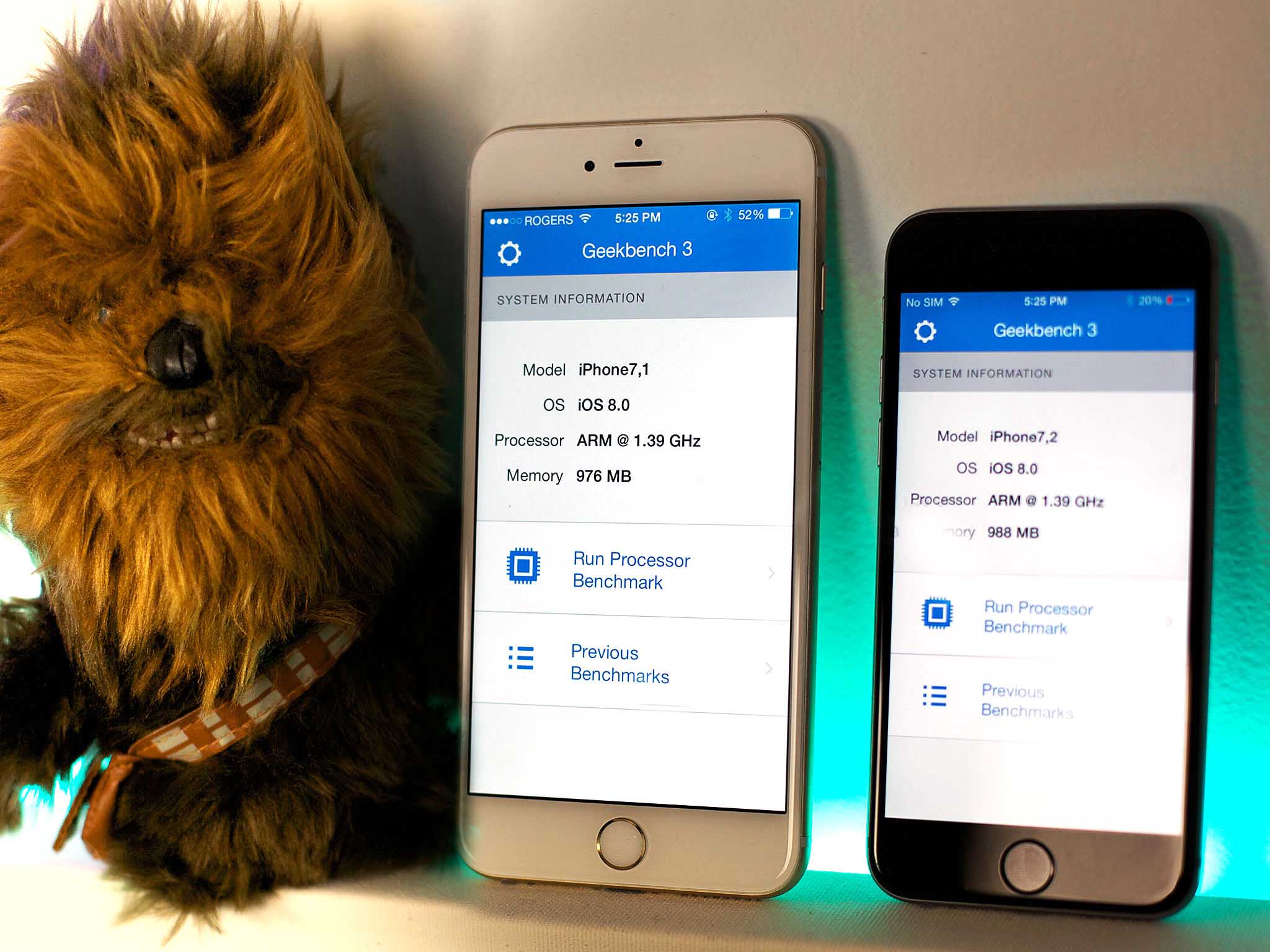
Apple's and its customers have had a bad end-of-the-year. There have been a number of security problems, including root/blank on macOS and issues with HomeKit on iOS. There have been a number of bugs, including December 2 springboard crashes on iPhone and a problem with captive Wi-Fi portals interfering with LTE access on Apple Watch.
To cap it all off, Apple's solution to preventing older iPhones with bad batteries from shutting off made it impossible for customers to tell that they had battery issues at all.
Maybe the timing is just a coincidence. More often than not, though, coincidence is simply a lack of pattern recognition.
Some of these, like root/blank are just bone-headed and never should have shipped. Others, like adding the battery controller to the existing list of things that could throttle performance are far more complicated and boil down to communication more than engineering. All of them have shaken trust in Apple's quality assurance program and, for some, in Apple itself.
It's tough to say how it will play out. Previously, any misstep by a company could cause long-lasting damage to their reputation or prospects.
Last year, Samsung phones literally exploded — this year it sold more Galaxy phones than ever. Our attention span is zero.
Now, we live in an age of zero attention span and infinite affinity. Last year, Samsung literally had phones exploding in people's hands and, not only did some customers not want them recalled, they wanted the next version as fast as possible.
Likewise, Sony, Lenovo, and HP have been caught putting rootkits or executing person-in-the-middle attacks against their own customers in an effort to scratch out a few more licensing or ad dollars off the backs of those customers. And those customers still can't wait to buy their next laptop. So, I really don't know what we're teaching these companies about how they can treat us anymore.
It's possible some people will change their buying or usage patterns as a result of Apple's missteps. It's also possible that if iPhone X was released next month instead of last, every single one of them — and more — would flock to it just as fast if not faster.
But that's our problem. Apple's problem is figuring out not just how to fix all these issues but how to prevent itself from getting into so many of them to begin with.
5. Ultimately: Scaling
All of the issues I've outlined above are really facets of the same problem: scaling.
Once upon a time, Apple made desktop computers. Now, Apple makes computers for your desk, lap, living room, hands, pockets, wrists, and ears. And they're working on more. They're also working on everything that runs and plays on all those computers, both in terms of software and services.
Yet, through it all, Apple has maintained its functional organization and small, focused team-based approach.
Our greatest strength is often our greatest weakness. So too, Apple's culture. It's what lets the company do so much but what also causes so much to be left undone.
I'm not one of the people who thinks Apple needs to abandon its past to better serve the future. I don't think Apple needs to or should become IBM or GE. I think Apple can have its culture and scale it too. But I think it's got to do a much, much better job shoring up its foundations as it keeps building.
Apple can have its culture and scale it too — but it has to shore up its foundations.
It shouldn't take a come-to-Jesus moment to get us to the next Mac Pro and Pro Display. It shouldn't be three or more years without Mac mini refreshes or Continuity for media. Siri still shouldn't feel like there's one server on the farm that just can't handle questions and we all hit it randomly a few times a day or week. It shouldn't take HomePod to get AV rock solid. It shouldn't take the worst possible headlines to get Apple to properly explain battery-based throttling. And it absolutely shouldn't take root/blank and other exploits being posted in public to get the security teams engaged and quality assurance overhauled.
For a company so good at fusing efficiency cores with performance cores, wide angle with telephoto lenses, local storage with online, SSD with HDD — and making sure it fills the gaps at the bottom left by profound increases at the top — it makes me wonder if a similar approach couldn't work for Apple itself. Continue to let the teams run as fast as they can and work on all the new features that Apple and customers want to see. But slide in other teams behind them that focus exclusively on maintaining and improving what's already there.
These are all growing pains. The problems that come with a company based on focus having to focus on multiple things at the same time. They're problems of scale.
But unless Apple wants to go back to only making one or two products, its the core problem Apple absolutely has to solve in 2018.

Rene Ritchie is one of the most respected Apple analysts in the business, reaching a combined audience of over 40 million readers a month. His YouTube channel, Vector, has over 90 thousand subscribers and 14 million views and his podcasts, including Debug, have been downloaded over 20 million times. He also regularly co-hosts MacBreak Weekly for the TWiT network and co-hosted CES Live! and Talk Mobile. Based in Montreal, Rene is a former director of product marketing, web developer, and graphic designer. He's authored several books and appeared on numerous television and radio segments to discuss Apple and the technology industry. When not working, he likes to cook, grapple, and spend time with his friends and family.
